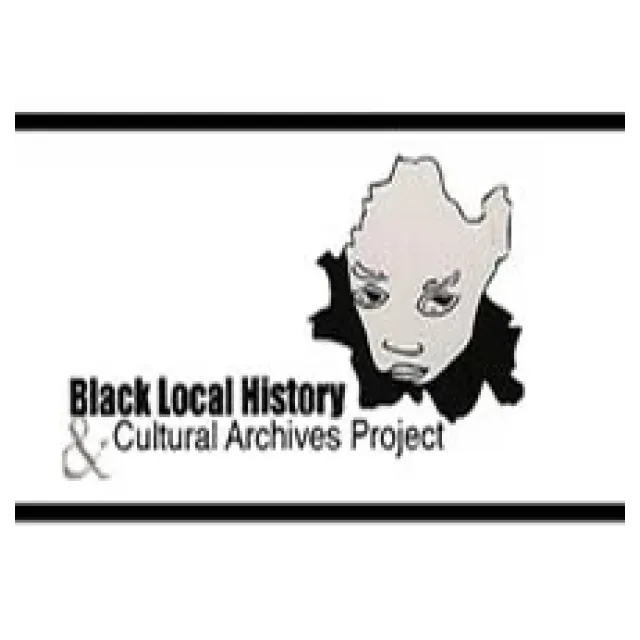Professor Patrick Philip Vernon OBE (born 1961) is a British social commentator, campaigner, cultural historian, and public health activist of Jamaican heritage. While once a Labour councillor in Hackney, he is today widely recognised for his leadership in tackling health inequalities, campaigning for the Windrush generation, and promoting Black British heritage and genealogy.
Vernon was born in Wolverhampton to Jamaican parents, Norris and Avis Vernon, who came to the UK as part of the Windrush generation. He grew up in the All Saints and Penn Fields areas of the city and attended Brickkiln Street Infants, Grove Primary, Colton Hills High School, and Wulfrun College. He later studied at Manchester Metropolitan University and undertook postgraduate work at Warwick University. Vernon has also traced his ancestry to Senegal, connecting with his roots through his work as a genealogist. During the 1980s, Vernon became active in community campaigns and was a key organiser of the Clinton McCurbin Campaign for Justice. Over the years, he has gone on to hold leadership roles across public health, the voluntary sector, and cultural activism. He served as Chief Executive of the Afiya Trust, a race equality health charity, and as a committee member for Healthwatch England. From 2006 to 2014, he represented Queensbridge ward as a Labour councillor in Hackney, before the ward was abolished. In January 2023, Vernon was appointed Interim Chair of the Birmingham and Solihull NHS Integrated Care Board (BSol ICB), before becoming permanent Chair in January 2024.
He had been the first Non-Executive Director appointed to the Board, specifically to lead on inequalities the first such appointment of its kind in the country. Alongside this role, Vernon also chairs the Walsall Together Partnership Board, fostering collaborative working across health and community services. Vernon s wider governance experience includes serving as a Non-Executive Director for Hertfordshire Partnership University NHS Foundation Trust, Camden and Islington NHS Foundation Trust, and Healthwatch England.
He was the first Director of Black Thrive in Lambeth and continues to influence health and social care policy nationally. In 2020, he established the Majonzi Fund, which provides grants to families and community organisations to hold commemoration events for individuals from Black and racialised communities who died from COVID-19. Alongside his health leadership, Vernon is deeply committed to cultural history and community heritage. He is the founder of Every Generation Media and co-founder of the 100 Great Black Britons campaign and website, which celebrates the contributions of Black figures in British history. In 2020, he co-authored the book 100 Great Black Britons, expanding the reach of the campaign into education and publishing.
He is also a broadcaster, public speaker, and regular writer for national and international media on healthcare, cultural heritage, and race. In August 2021, Vernon was appointed Honorary Professor of Cultural Heritage and Community Leadership at the University of Wolverhampton, in recognition of his work bridging community activism with academic research. That same year, he was listed by British Vogue as one of Britain s top 20 campaigners, and he was also included in the 2020 Powerlist of the 100 most influential Black people in Britain. His contributions have been widely celebrated. In 2003, he was named a Pioneer of the Nation for Cultural History by the Queen.
In 2012, he was awarded the OBE for services to reducing health inequalities in ethnic minority communities, dedicating the honour to his parents and the sacrifices they made as part of the Windrush generation. In 2019, he received a lifetime achievement award from the Sheila McKechnie Foundation for his campaigning and advocacy work. He has also been awarded an honorary Doctor of Letters from the University of Wolverhampton and is a Fellow of the Royal Historical Society, as well as a Clore and Winston Churchill Fellow. Today, Professor Patrick Vernon OBE continues to be a leading voice for health equality, cultural history, and social justice. Through his leadership roles, writing, and activism, he has established himself as one of Britain s most prominent champions of Black heritage, public health, and community empowerment.







